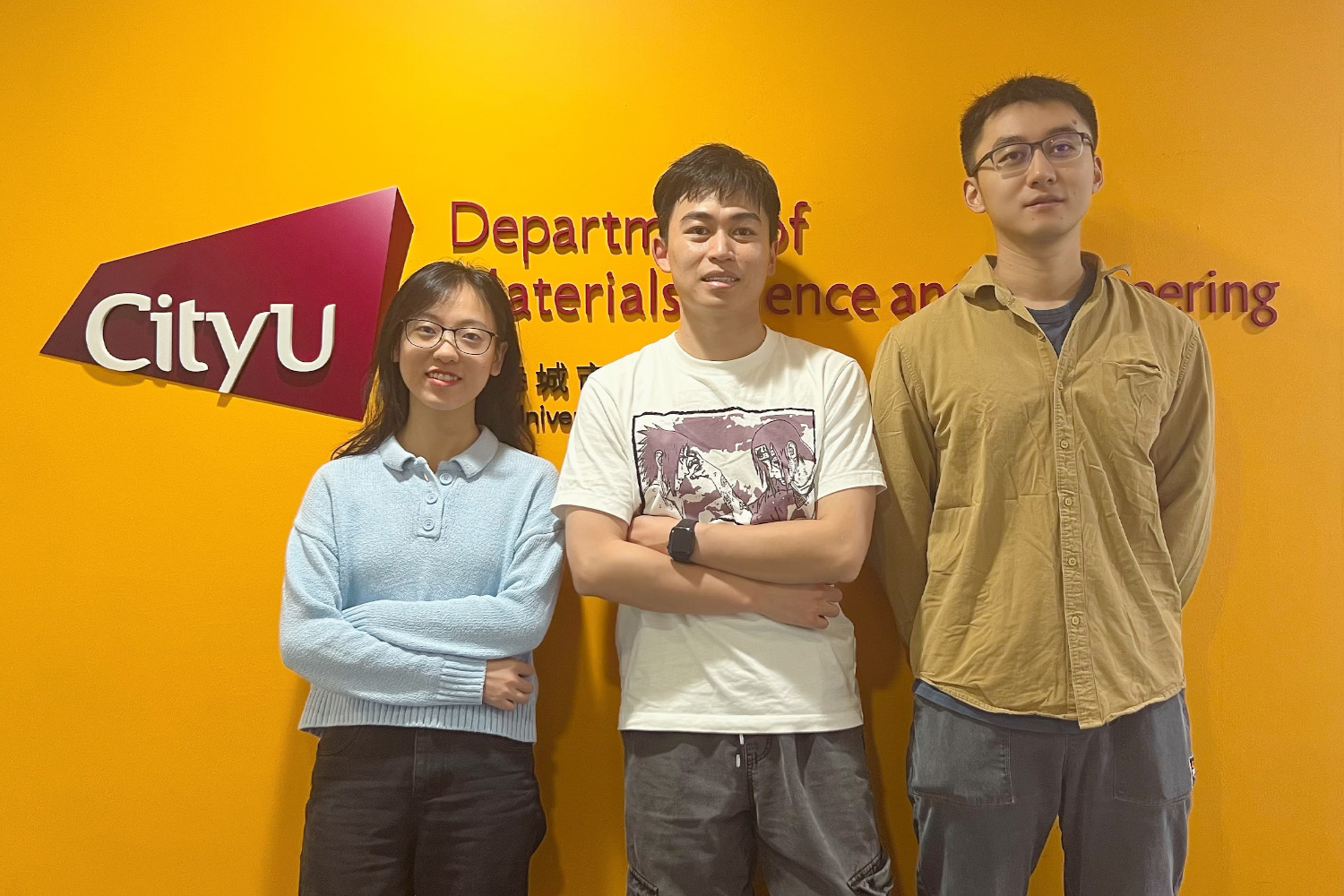Next-Generation DNA Sequencing Technology based on Two-Dimensional Material Nanopores
Fast and accurate detection is crucial in the screening, prevention and treatment of non-communicable diseases (NCD), especially gene-related diseases. The increasing demand for rapid biological detection has prompted some new-generation sequencing methods, among which the nanopore method stands out for its high sensitivity, high efficiency and low cost. The development of 2D materials further enhances the resolution to single-base scale, which is expected to revolutionise the sequencing process.
In this project, we plan to use 2D material nanopores to sequence DNA. The feasibility will be determined by identifying the four bases in DNA chains from the detected signals. Technical factors will be investigated, the underlying mechanisms will be revealed, and the parameters will be optimised to get the maximum sensitivity. Then hundreds of heterogeneous DNA chains will be tested and sequenced to establish the relationship between the DNA bases and the signals. This project is expected to benefit public health by providing a promising rapid sequencing method. It is expected to have long-term beneficial impact on rapid diagnosis and personalised medicine, as it will allow the whole genome of an individual to be completed at a very low cost.
Dr Huang Changxiong* (Postdoc and alumnus, Dept. of Materials Science and Engineering, CityU)
Ms Chen Huan (PhD student, Dept. of Materials Science and Engineering, CityU)
Mr Wang Rui (Alumnus, Dept. of Materials Science and Engineering, CityU)
* Person-in-charge
(Info based on the team's application form)
- CityU HK Tech 300 Seed Fund (2023)
